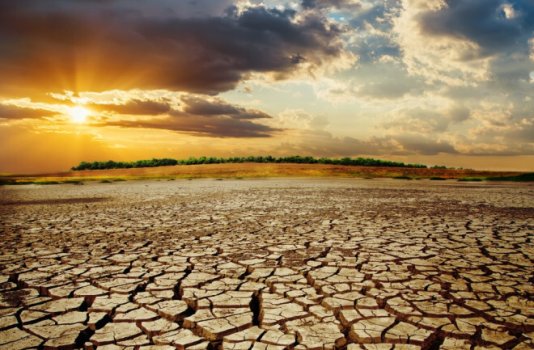Each summer, the University of Rhode Island Graduate School of Oceanography (GSO) hosts undergraduate students from all over the country to participate in oceanographic research. These Summer Undergraduate Research Fellows (SURFOs) have not only been working with GSO scientists, but they also have spent part of their time learning how to communicate this science to the public.
Madolyn Kelm is a fourth-year undergraduate physics major at Willamette University in her hometown of Salem, Oregon. Over the summer she worked with Peter Cornillon and X. Prochaska exploring a machine learning algorithm designed to recognize extreme events and patterns within sea surface temperature datasets. At my home university, she is a researcher in the Kleinert research lab where they use laser ablation to create a mesh material that can aid in oil-spill clean-ups. Both opportunities have allowed her to honor her values and passion by researching ways to fight climate change and preserve our environment. Once she completes her undergraduate degree, she plans to pursue a Ph.D. in Oceanography.
Understanding our Earth’s climate has never been more crucial. In the last ten years alone, we have seen climate change affect our day to day lives, which has proven to be detrimental and deadly for those unequipped to handle it. One of the most notorious examples is an increase in extreme weather events such as, record breaking temperatures of 115˚F in my Pacific Northwest hometown. One of the ways scientists are moving towards trying to understand these extreme events is to analyze sea surface temperature (SST) data. However, due to the massive size of these datasets it would take millions of years for even a large group of researchers to analyze them without some artificial help. Researchers Peter C. Cornillon, from the University of Rhode Island, and J. Xavier Prochaska, from the University of Southern California, have strived to face this problem and develop a solution.
Continue reading: https://oceanbites.org/madolyn_kelm/?utm_source=rss&utm_medium=rss&utm_campaign=madolyn_kelm
Madolyn Kelm is a fourth-year undergraduate physics major at Willamette University in her hometown of Salem, Oregon. Over the summer she worked with Peter Cornillon and X. Prochaska exploring a machine learning algorithm designed to recognize extreme events and patterns within sea surface temperature datasets. At my home university, she is a researcher in the Kleinert research lab where they use laser ablation to create a mesh material that can aid in oil-spill clean-ups. Both opportunities have allowed her to honor her values and passion by researching ways to fight climate change and preserve our environment. Once she completes her undergraduate degree, she plans to pursue a Ph.D. in Oceanography.
Understanding our Earth’s climate has never been more crucial. In the last ten years alone, we have seen climate change affect our day to day lives, which has proven to be detrimental and deadly for those unequipped to handle it. One of the most notorious examples is an increase in extreme weather events such as, record breaking temperatures of 115˚F in my Pacific Northwest hometown. One of the ways scientists are moving towards trying to understand these extreme events is to analyze sea surface temperature (SST) data. However, due to the massive size of these datasets it would take millions of years for even a large group of researchers to analyze them without some artificial help. Researchers Peter C. Cornillon, from the University of Rhode Island, and J. Xavier Prochaska, from the University of Southern California, have strived to face this problem and develop a solution.
Continue reading: https://oceanbites.org/madolyn_kelm/?utm_source=rss&utm_medium=rss&utm_campaign=madolyn_kelm

